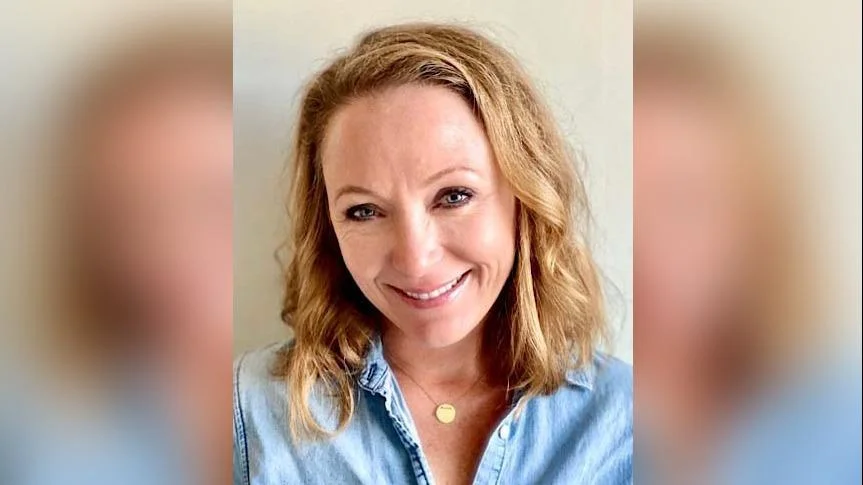
Ellen Murphy SVP, Deputy General Counsel | realtors.com
The Trump administration's decision to halt the operations of the Consumer Financial Protection Bureau (CFPB) could leave American consumers without a crucial advocate in the housing market. This move comes amid challenges such as record-high home prices, elevated mortgage rates, and increasing rent and insurance costs.
Richard Dubois, executive director of the National Consumer Law Center, expressed concern over this development. "The gravity of this attack on the CFPB cannot be overstated," he said. Dubois highlighted that the CFPB has provided $21 billion in relief for over 200 million people affected by credit bureaus, banks, debt collectors, and predatory lenders.
Office of Management and Budget Director Russell Vought has been appointed acting head of the CFPB by President Donald Trump. He ordered the agency to "cease all supervision and examination activity," according to reports from the Associated Press. Jonathan McKernan is set to become the bureau's next director.
The closure aligns with Trump's goal to reduce federal government size. The CFPB was established under the 2010 Dodd-Frank Act following a financial crisis caused by reckless lending practices. It was intended to protect consumers from unscrupulous lenders.
Senator Elizabeth Warren initially proposed creating such an agency in 2007, envisioning it as a protective measure for consumers against deceptive financial practices. Former President Barack Obama also emphasized its necessity during his tenure.
Advocates argue that without an active oversight body like the CFPB, consumers are left vulnerable. Delicia Hand from Consumer Reports stated that without proper oversight, financial products with unreasonable fees or confusing terms might resurface.
Alys Cohen from the National Consumer Law Center warned that eliminating the CFPB could lead to increased risky lending and scams in mortgage applications. She noted that before its creation, multiple federal agencies regulated mortgages but failed to prevent past crises.
The White House criticized the CFPB as a "woke" bureaucracy weaponized against certain industries and individuals but asserted that under Trump's administration, this would end.
Despite these developments, some state consumer-protection agencies may step in where federal oversight diminishes. However, Marie Claire Tran-Leung from the National Housing Law Project cautioned that relying solely on states could leave many vulnerable due to varying levels of enforcement across states.
Mortgage industry groups have expressed concerns about losing uniform consumer protections nationwide if state-level regulation replaces federal oversight. They fear inconsistent rules could disrupt financial transactions related to residential real estate.
Andrew Keshner contributed additional reporting for this article.
 Alerts Sign-up
Alerts Sign-up